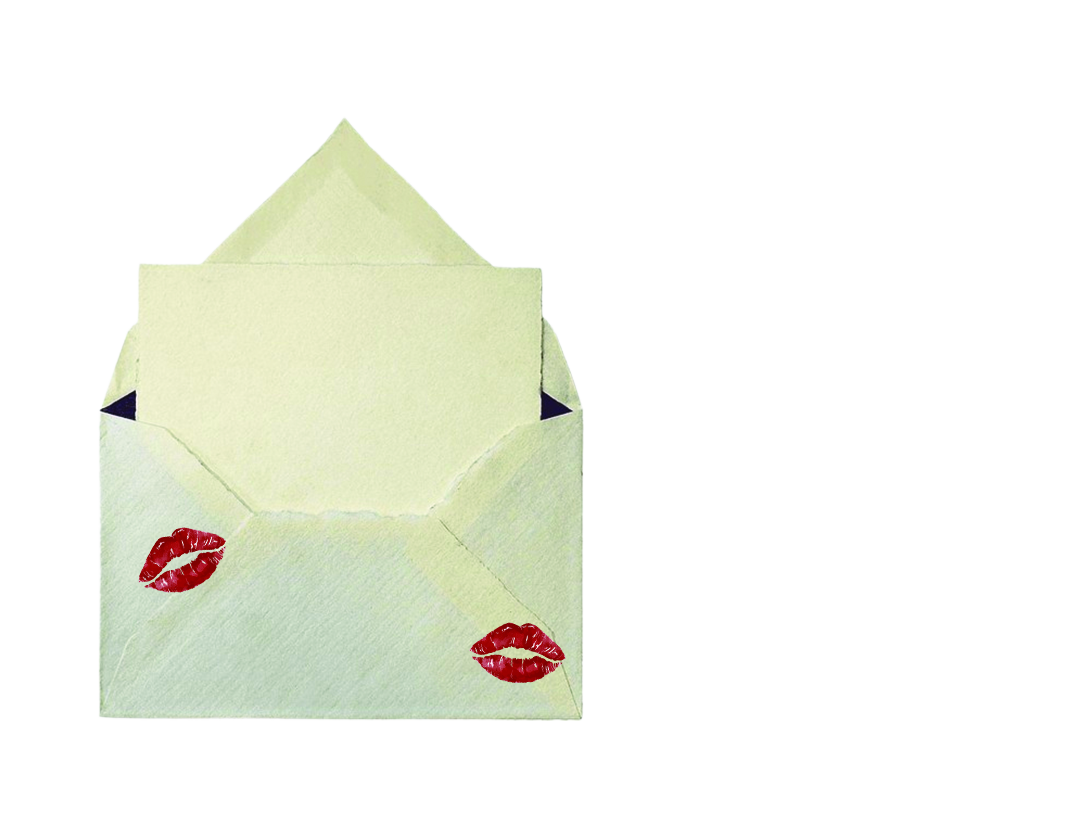Roses and red flags
Watching ABC fail the first Asian bachelorette.
by Misha Oberoi
Three out of four of my watch party friends are white — yet somehow, they recognized the show’s harmful portrayal of Jenn Tran, the first Asian American lead in the history of The Bachelorette, more quickly than I did.
Jenn’s experiences brought up a myriad of emotions for me. I was happy reality TV was finally creating a space for the Asian community. I empathized with the burden Jenn felt, the inescapable weight of being the “first.” I was relieved that she didn’t attempt to erase her identity and instead incorporated it into every intimate conversation she had about her family, upbringing and values. And then I saw how she was treated by other contestants, and my happiness came crashing down. My buried fears were unearthed when Devin bolted from her the second the show ended.
Although Jenn was the main character of the show, watching the finale, I realized how unseen she must have felt. Even on a dating show meant to be all about her, the men longed for Daisy and Maria. I blamed the institution behind it all. ABC placed Tran on the podium but never allowed her to be heard. They failed to properly vet the contestants, with severe abuse allegations against both Marcus and Devin coming out shortly after the show began to air. Their lack of effort and support proved to viewers that Jenn was their tokenized Bachelorette — and nothing more.
I wanted to see Jenn achieve what I’ve always wanted: to be seen and desired. To be the girl chosen by leading men in romance films. The love-at-first-sight girl, the last-love-of-his-life girl, the forever girl.
But I am not their dream girl. I am not white. Me, with my foreign accent my nonwhite features — my general lack of that girl-ness. Me, with my unashamed love for American reality TV, a genre that either ignores my community or fetishizes it entirely. Me, with my darkest, perhaps most tragic thought: I’ll never compare.
When Sam M. said he thought the Bachelorette would be someone like Daisy or Maria, his words epitomized Asian women in the media. We’re rarely cast as leads, seldom shown as desirable or loved. In the media, we’re the side characters of our own stories. From the “Cool Asians” clique in Mean Girls to Hana Mae Lee’s silent character in Pitch Perfect, Asian women are constantly boxed into stereotypes and depicted as characters who simply cannot be seen romantically. Together, they confirm men may never imagine Asian women in their happily-ever-afters.
My Bachelorette watch parties began as a way to preserve friendships over a 10.5-hour time difference. While I sat in India at 2 a.m., four of my girlfriends were lounging in 3:30 p.m. sunshine. We shed dramatic tears over Sam M.’s racist comments and argued over charismatic Devin and charming Jonathan.





